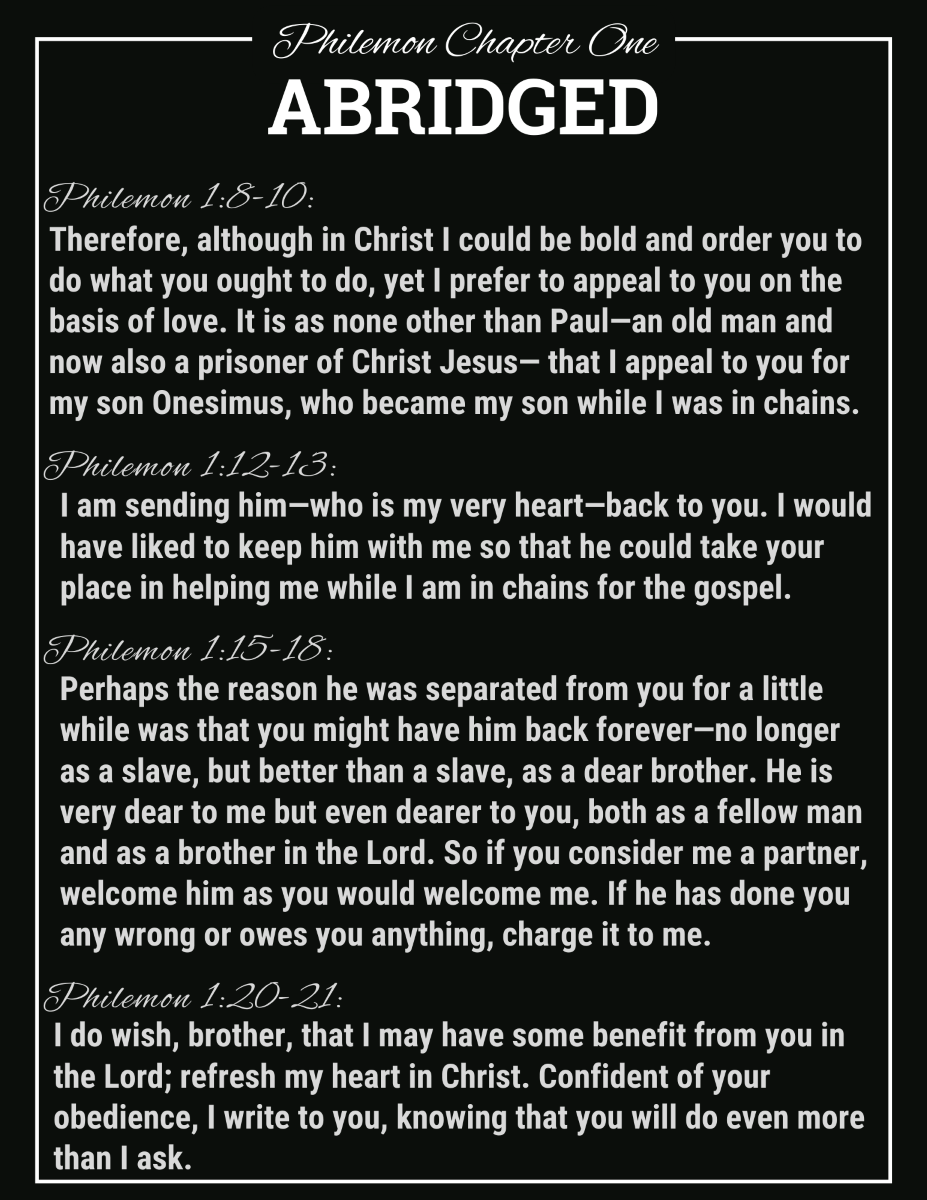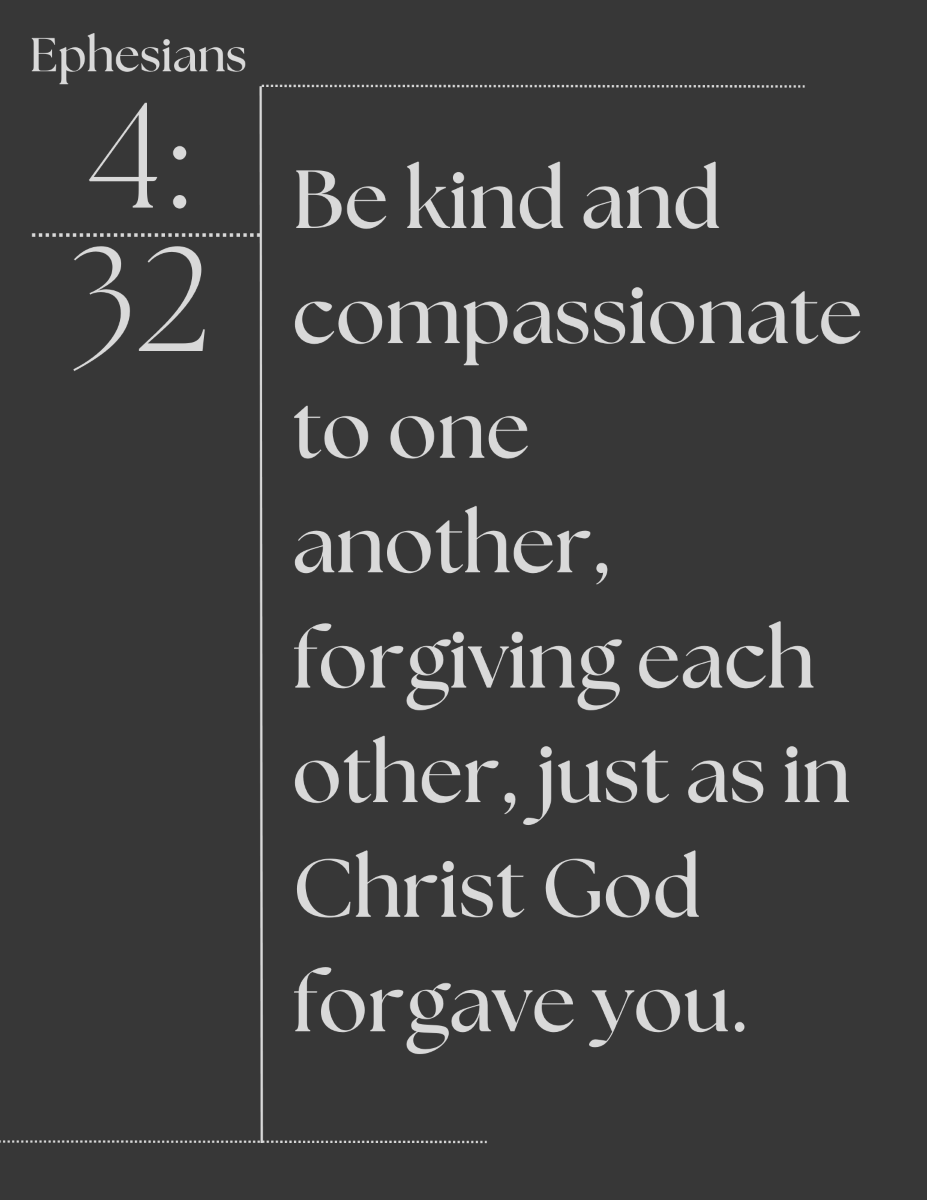Teachings from Unsung Figures: From Runaway to Redeemed
From his days as a runaway slave to his transformation into a beloved brother in Christ, the New Testament shares the account of Onesimus that exemplifies the miraculous work of forgiveness and the healing potency of reconciliation.
Onesimus' journey begins in the shadows of bondage, as a runaway slave seeking freedom from the chains of servitude. Fleeing from his master, Philemon, Onesimus sought refuge in the humming city of Rome, where he crossed paths with the apostle Paul. It is here, in the heart of the Roman Empire, that the power of God's grace begins to unfold in Onesimus' life. Despite his past as a fugitive, Onesimus encounters the message of salvation through Christ preached by Paul, and his heart is stirred with a longing for redemption.
Paul crafts a letter to Philemon, warmly remarking on Onesimus’ conversion, while also acknowledging the delicate situation of Onesimus' former status as a runaway slave. Paul appeals to Philemon to receive Onesimus back not as a slave, but as a brother united in faith, urging Philemon to forgive any debts and to welcome Onesimus as he would welcome Paul himself.

Through Paul's letter to Philemon, we witness the beauty of Christ's love at work by means of:
- Bearing One Another’s Burdens by Modeling Christlike Forgiveness: By offering to repay any debts incurred by Onesimus, Paul demonstrates a willingness to shoulder the consequences of another's actions—a reflection of Christ's sacrificial death on the cross for our sins.
Paul reveals that forgiveness is not solely a private transaction between individuals but a communal act that enhances unity and strengthens relationships. We witness this when Paul encourages Philemon to set aside any grievances and extend grace to Onesimus- not because he deserves it, but because it mirrors the love and mercy of Christ. We are called to embody the same spirit of selflessness and humility, walk alongside one another in both joy and suffering, extending support, forgiveness, and grace to others -even at personal cost.

- Radical Inclusivity of God's Love: Onesimus' shift from a repudiated slave to a brother in Christ illustrates the radical inclusivity of God's love.
Seeking to bridge the divide between master and slave, Paul urged Philemon to receive Onesimus back as a brother, demonstrating that in Christ, no distinction or hierarchy can separate us. God's grace knows no bounds, His perfect love embraces all. Accordingly, we are counseled to offer forgiveness and acceptance, mending divisions and promoting unity among all of God’s children, and always remember that in God’s eyes, we are all equally loved.

From darkness to light, bondage to freedom, estrangement to embrace, through Onesimus' story, we catch a glimpse of the intricate beauty of God's plan to reconcile all things to Himself, confirming that no one is beyond the reach of His mercy and love. He invites us to participate in the ongoing work of redemption, extending grace to those around us and bearing witness to the power of His love in our lives and the world. Therefore, may we, like Philemon, embrace the call to love and forgive unconditionally, knowing that in doing so, through Christ, all things are possible.
- Torrance Church of Christ
